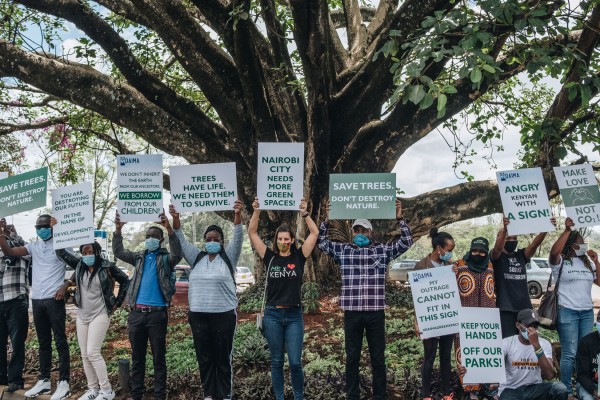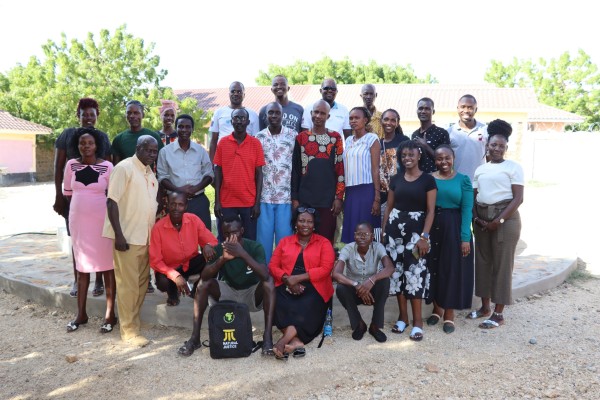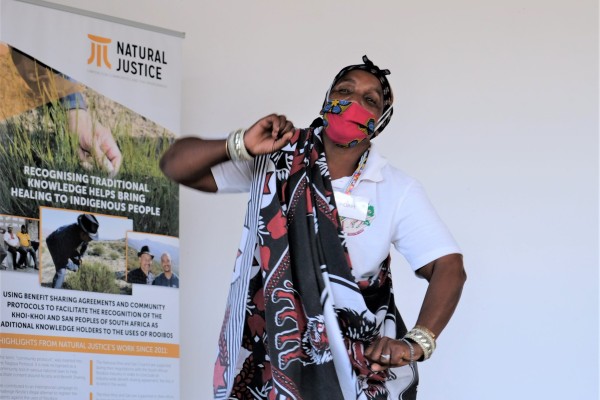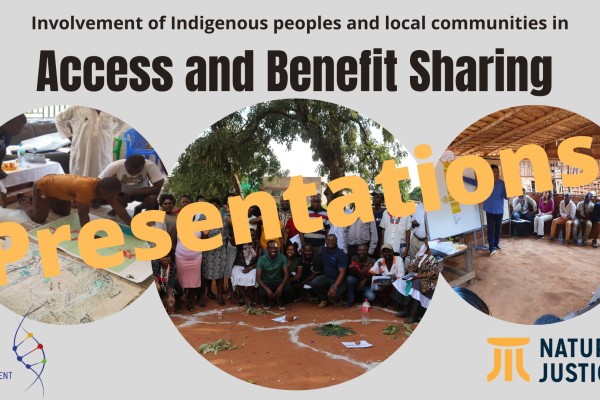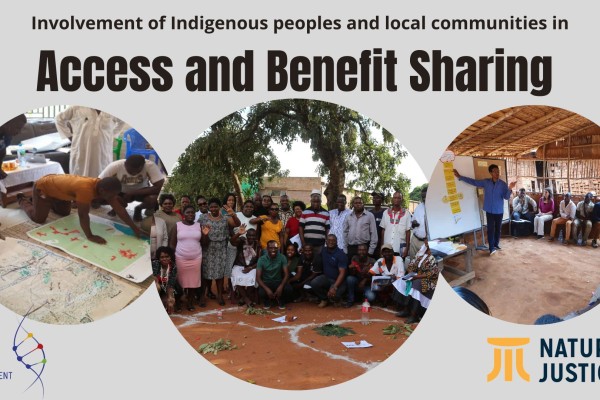 |
| Braulio Souza (centre), Executive Secretary to the CBD, gives closing remarks at the meeting. |
There is no question that biological diversity is being lost at an unsustainable rate and that this trend needs to be halted through a variety of different approaches. Important questions exist, however, about how to pay for those approaches. To help answer those questions, several governments, as well as the European Commission and the CBD Secretariat, convened a meeting in Ecuador called the Second Dialogue Seminar on Scaling up Finance for Biodiversity from 9-12 April 2014 to discuss issues regarding financing biological diversity.
Representatives from governments, intergovernmental organizations (IGOs), NGOs and other organizations presented on a broad range of topics in plenary sessions, including: CBD and UN efforts in the area of financing (the High Level Panel on Resourcing and the Biodiversity Finance Initiative); the Global Environmental Facility’s strategy for the next four years; and community monitoring of biodiversity. Jael Eli Makagon from Natural Justice presented on community protocols as a way of ensuring the full participation of Indigenous peoples and local communities in biodiversity financing. Several small group sessions were held, during which specific questions were asked by the organizers regarding many different topics, including perverse subsidies, taxation issues, and the Sustainable Development Goals.
Held under the Chatham House Rule, the meeting was a valuable opportunity for participants to come together outside of the formal setting of CBD COPs and intersessionals to discuss issues related to biodiversity finance. It is clear that issues around biodiversity financing, including the validity of assigning an economic value to biodiversity and the question whether the private sector should be involved are still up for debate. Unfortunately at this stage, participation on the part of Indigenous peoples and local communities in decisions related to financing biodiversity appears to be quite low. This is a challenge for all stakeholders, especially governments and IGOs involved in biodiversity finance to be as inclusive as possible in designing and implementing finance mechanisms.
One of the major goals of the meeting is to facilitate discussions to inform the upcoming meetings of the Working Group on Review of Implementation of the Convention (WGRI, June 2014) and COP-12 (October 2014). It is important for stakeholders to be aware of the ongoing discussions and decisions regarding financing biodiversity, as many important issues are still being discussed and decided upon, and WGRI and COP-12 will both likely focus on issues of financing biodiversity. For more information on Quito II, the Co-Chairs have written a report that that is available on the here.

